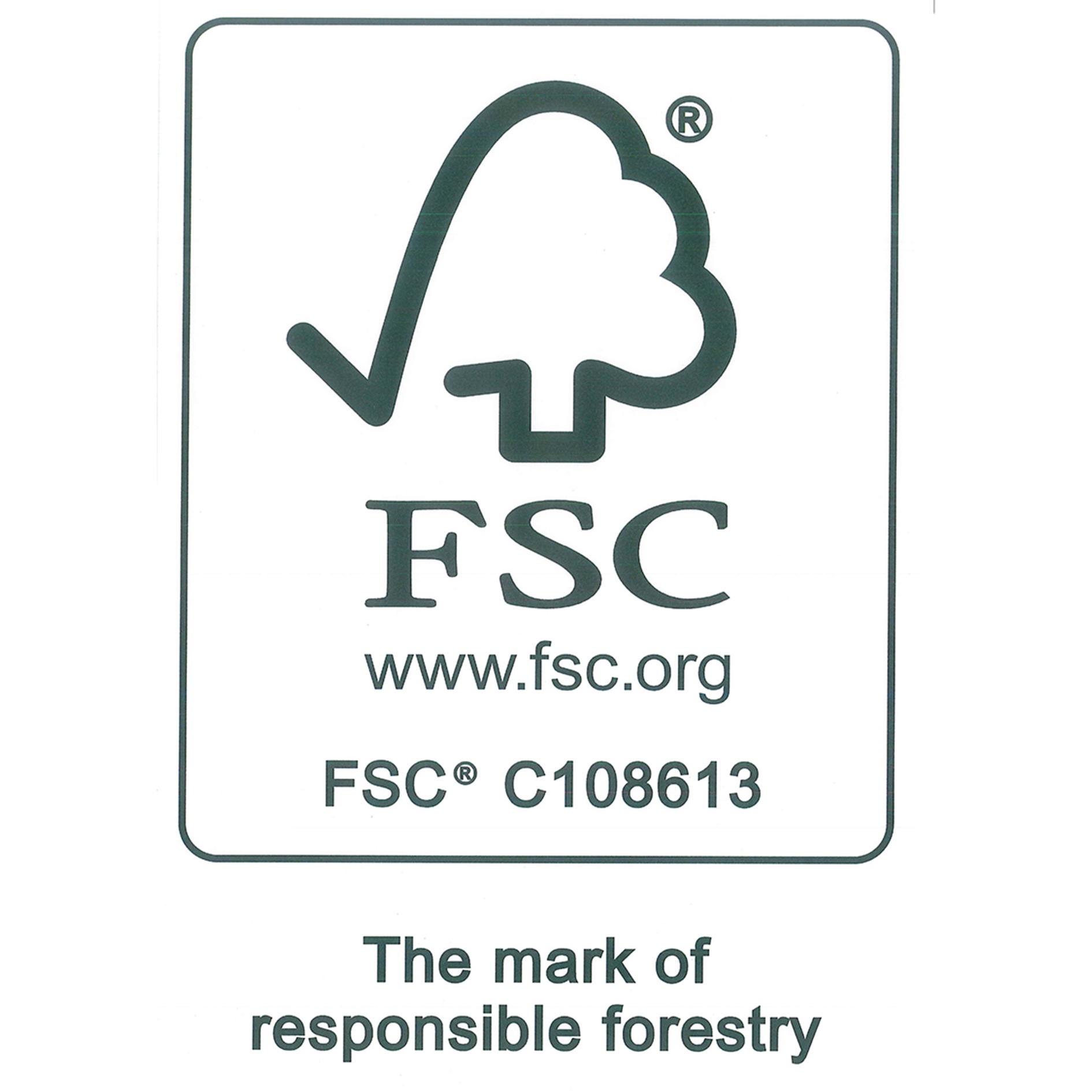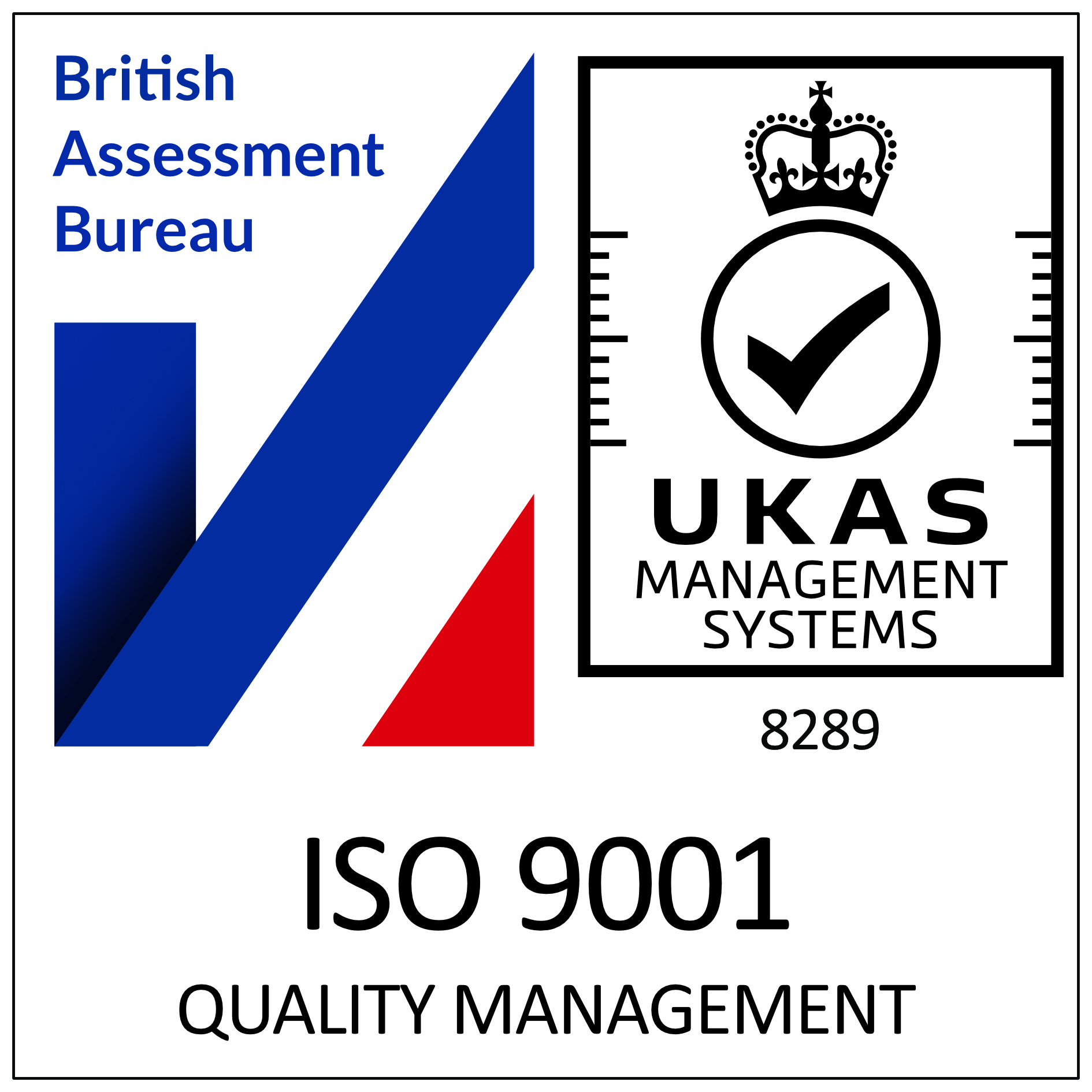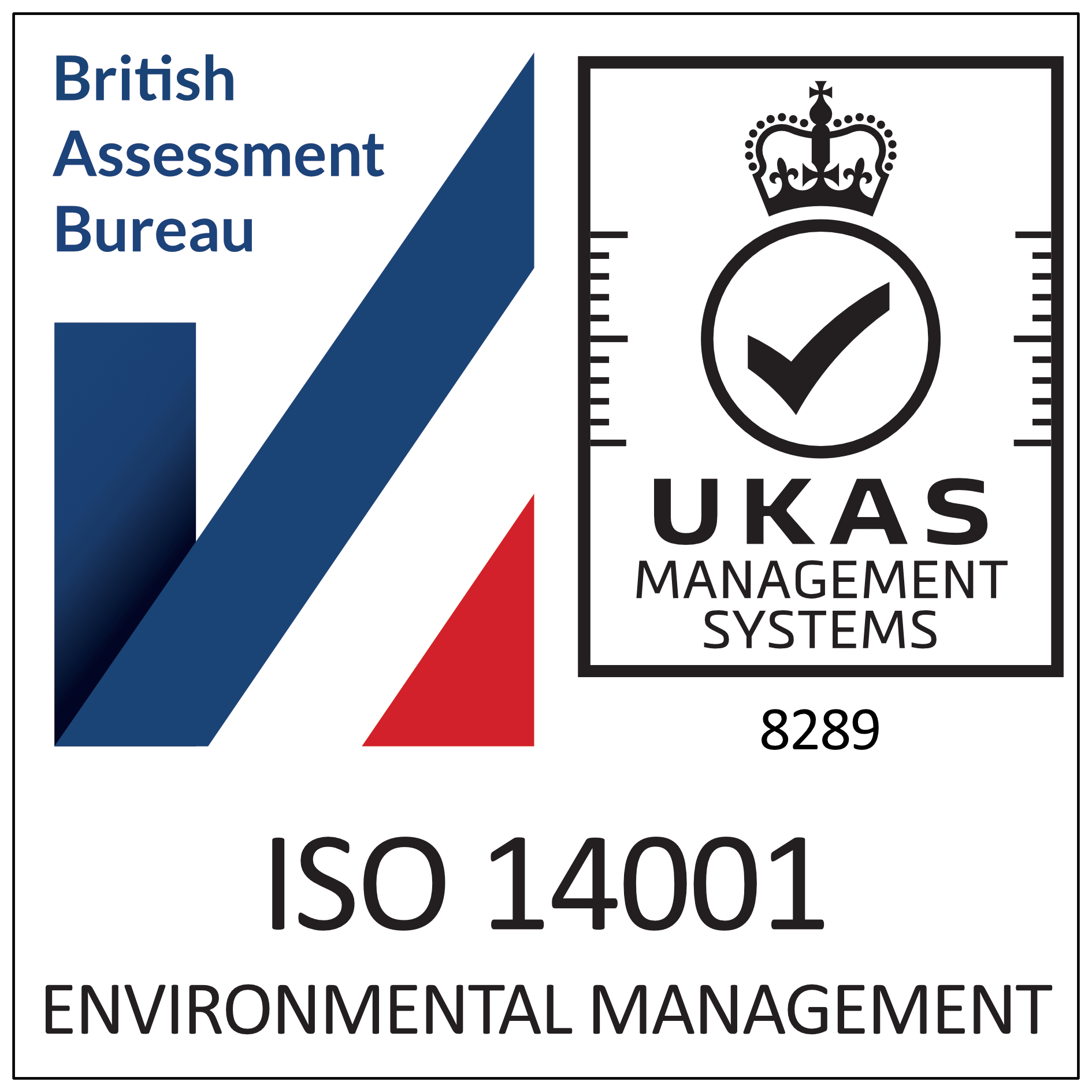How Often Should I Replace My Security Doors?
Security doors are installed in many types of building – in certain environments it is a mandatory legal requirement. The primary function of security doors is to stop unlawful entry or unwanted persons from entering a building and to keep the building, and its occupants, secure at all times. In those situations where the security doors are also acting as fire doors, there are strict regulations and guidelines as to the manufacture, installation, and maintenance of these doors. These commercial security doors are vital to the welfare of the people inside and, therefore, need to be regularly maintained and checked. Here are some aspects of security door maintenance to consider:
Responsibilities
Careful and regular inspection of these commercial security doors must be performed at LEAST every six months – and any faults or defects discovered to be addressed immediately. There are certain aspects of your security door that must always be in full working order and should be checked thoroughly on an ongoing basis. Here is a quick checklist of these aspects that need monitoring.
Locks And Locking Mechanisms
The locks on security doors are often specialised hardware with motorised bolts and are often connected to and/or controlled by an Alarm and Access Control System. It is important that these doors operate and function correctly. These locks must be checked, tested, and maintained regularly and, if any physical or operational defect is found, must be repaired, or replaced immediately.
Hinges, Latches And Pivots
For security doors to be fully effective all components must be in full working order including all the door furniture. Whilst hinges and brackets may not appear to be obvious safety features as such, these operational door parts must be fully functional and maintained – ensure that all hinges have the correct number of screws and that they are regularly tightened. Check also that the handles and locks work efficiently.
Doors And Frames
The frames and the door fixture itself must always be secured and functional. Check for any damage to the door or any warping – there should be no holes, spaces, or gaps that could compromise the door and allow easy forced access. These defaults also compromise the fire safety aspect of the door as smoke could filter through in the event of a fire outbreak. It is always worth checking the door lock to ensure there are no keyholes or such which could provide a gap.
Glazing
Many commercial security doors will be solid structures with no glazing – however, in environments where the security doors need visible access panels, check that the glazed panels are of the required specification and that the beading securing them in place is firmly affixed and unbroken. In the event of any of these glazed panels needing to be replaced, ensure that the new panel is of equal specification as the original.
Exposed Gaps
One of the most vulnerable parts of any security and/or fire door for commercial buildings is the ‘settle gap’ between the frame and the door itself – there needs to be a gap of sorts for the door to move into and out from when in everyday use, but there is a minimum limit allowed. A general ‘rule of thumb’ is if you can see daylight through any gap around the door, then you have a problem, and this will need addressing immediately.
Intumescent Seals
If the security doors are also official fire safety doors they will be fitted with seals in and around the door to prevent the spread of smoke, heat, and flame – these are intumescent seals specifically designed to expand and fill any gap around the door when exposed to direct heat. Over time these seals can be worn through use or damage and should be checked and maintained regularly – any compromised seals should be immediately replaced.
Automatic Closers
Again, If the security doors are acting as fire doors, they must be fitted with an automatic closing device – this is to ensure that the door shuts once passed through without the person having to remember to manually do it. Self-closing door mechanisms should be fitted and be always functional.
Security doors that are correctly installed, regularly checked, and maintained should last for thirty years or more without needing to be replaced – if, however, they ever incur damage that is irreparable, or experience deterioration through wear and tear and poor maintenance, to the point that the door is no longer fit-for-purpose, then total replacement must be considered.
Enfield Doors
If you would like more information about security doors, please contact us. Alternatively, you can visit the security door page.








